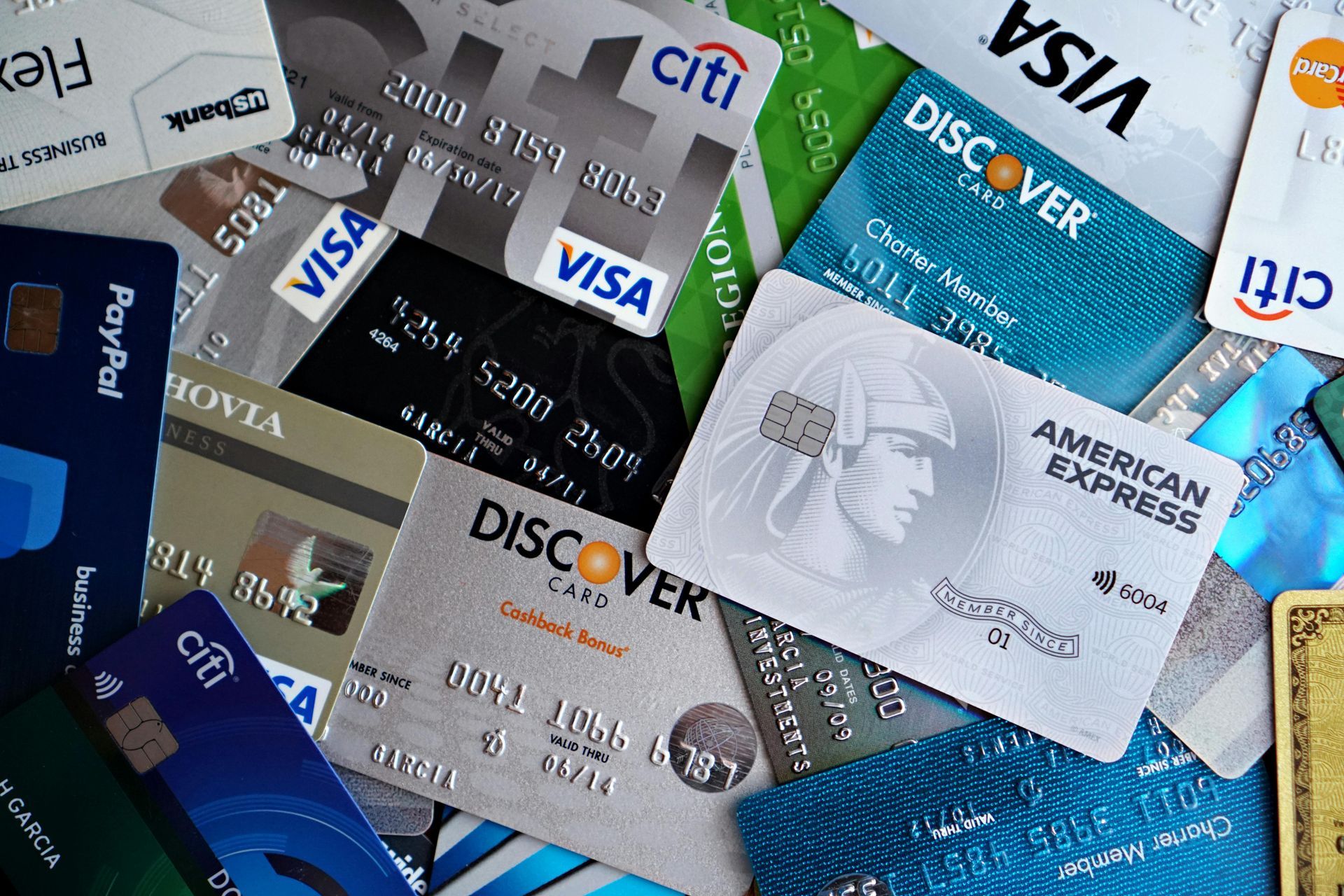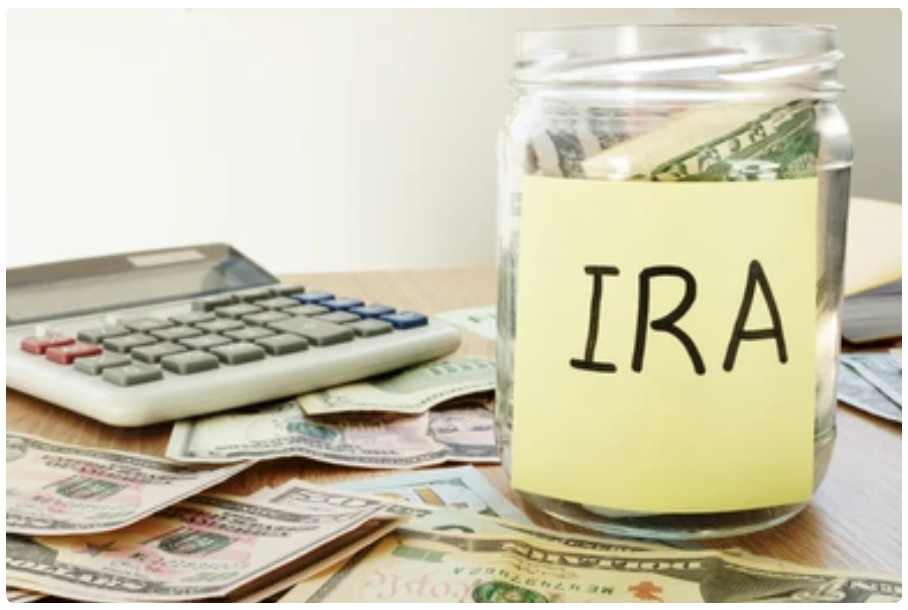Little known ways that your family can save an additional $1000.00 annually
Whether you're a financial planner like me, an entrepreneur, or just someone who wants to save more money each day, you should definitely search for ways to make extra cash.

When it comes to saving money, small changes can add up quickly. Adjusting a few daily habits, cutting monthly bills, and leveraging tools that automate savings can collectively make a big impact.
Below we have highlighted some of the best ways your family can save an additional $1000 annually. These money tips can help you save for a house, or a car, or simply save more money for your emergency fund. Whether you're a financial planner like me, an entrepreneur, or just someone who wants to save more money each day, you should definitely search for ways to make extra cash. Here are several little-known ways that a family can save an additional $1000.00 annually.
1. Check your bank account daily
Humans are conditioned to move towards pleasure and away from pain. So if money is painful for you, you probably don’t want to spend time with it. Rip the Band-Aid off. Knowing where you spend your money is the first place to look to know where to save it.
Not only does this help figure out where you are spending money, but it also helps you to see what you may be charged for that you aren’t using. For example, I was being charged about $10 per month for an online subscription I didn’t realize I had signed up for - I didn’t know it was a recurring charge. So, that was money out the window that I immediately put a stop to
2. Pay off your credit card debt
For every $1,000 you have in credit card debt at an annual percentage rate (APR) of 15%, you pay $12.50 per month. If you carry $7,000 in credit card debt over the course of the year, that’s already $1,050 in annual interest payments. That's money being burned. It does not lower your debt; it's simply the cost of borrowing on a credit card. For others that pay a higher APR, the picture gets even worse, and the value of paying off the debt becomes even higher.
A good way to start paying off your credit card debt is to pay one bill at a time. By paying off the balance on the highest interest rate card first, you'll be able to pay for other things with the extra money. Or, if you have several cards with high interest rates, pay as much as you can over the minimum on the first card, and minimum payments on the rest. Once the highest interest rate card is paid off, then roll that payment to help pay off the next highest interest rate card, and so on.
Another way to pay off the debt is if you have several cards with high-interest rates and low balances, consider consolidating them into one low-interest loan that's paid off every month. If you have several cards with low balances but high-interest rates, consolidate them into one low-interest loan that is paid off every month, instead of dealing with multiple smaller balances each month.
You can also use online budgeting tools which will help you track your spending and see where you're spending more money than you need to.
3. Trade your take out latte for a home made coffee
Coffee is expensive, so if you can make it yourself and keep your costs down, the savings can add up quickly.
If you’re looking to save a few bucks on your coffee habit, there’s no better way than making it at home. You don't need fancy equipment or a fancy recipe. You just need a coffee maker, some beans, and the right technique.
While making coffee at home by the pot saves the most money, it also involves a bit of hassle, and perhaps you enjoy the experience of visiting a coffee house as much as the coffee itself. But if you substitute a $5 latte for a $15 bag of coffee beans that will last you, let’s say a month, you'll save $1,120 a year. If you're a seven-day-a week coffee buyer, you will save $1,645.
4. Keep your car longer
Don't buy a new car every time there’s an inconvenience. Buying a new car is expensive. The average cost of buying a new car is $28,000 – plus another $4,000 for taxes and registration fees. If you purchase an average-priced used vehicle for $10,000 and keep that vehicle for three years, you'll pay about $2,200 in depreciation (not including other costs such as insurance).
If instead of buying a new car, decide to keep your current vehicle longer by paying off the loan early or with other means (like equipment trade-ins), then you could save about $2,500 per year in payments alone.
The average car loses about 25% of its value after the first year. If you keep your car for three years, it could be worth 50% more than what you paid for it!
5. Put $3 a day in the bank
It may sound silly, but if you save $3 a day, 365 days a year, you will end up with $1,095 in the bank. Most people won't actually set three physical dollars aside each day, but breaking down a larger goal into small pieces can make it more manageable.
In this case, saving $1,000 may seem a bit daunting, but most people can picture putting $3 aside each day. This is a simple trick that will help you save a lot of money. When you get paid, deposit the money right away into your account. This will help you build up your savings quickly, and it is much easier than trying to save up $15 or $20 each week.
6. Skip one restaurant meal a week
If you're looking to save more money on food, there are a few things you should do. One of them is to avoid take-outs or skip restaurant meals once a week.
The average meal at a restaurant costs about $11.50, according to the
National Restaurant Association.
If you order from a takeout place, that's another $2 or so in addition to the cost of your meal. If you eat out several times per week without fail, this adds up quickly — especially if you live in an area with high-priced restaurants nearby.
A family of three eating out at even a casual sit-down restaurant will have a hard time spending less than $50. If you eat at home instead of going out, you can cut $2,600 a year in expenses. Of course, you'll still have to eat, but a fun home option like taco night or make-your-own-pizza night can easily be done for less than $20, keeping your savings well above $1,000.
7. Keep your phone longer
The latest Apple smartphone, the iPhone 13, costs $999 for the cheapest model. While most people don't pay the full amount up front, they typically pay that much or more in installments. If a two-person household upgrades their phones every year, that's a minimum of just under $1,998. For every year you hold on to those phones, you're keeping your debt down and the money in your pocket. The numbers vary depending on the model of phone you buy, but now that carriers no longer subsidize these purchases, it makes even more sense to hold on to your phone for as long as possible.
You can save a lot of money by doing this because the prices will be lower in the future, and you can save money by not buying the latest models all the time. This will allow you to save more money overall and also get one that is better than what you currently own, without the costly financing.
Conclusion
Now that you have the tools to save yourself some extra money it's time to take action and actually start saving. If you are guilty of "spending" money for fun, it is up to you to change your ways and begin taking control of your finances starting today.
All said and done, these small changes can help save your family a significant amount of money each year while making little difference in the scope of your daily life. With a little effort and persistence from everyone involved, you'll be surprised at how easy it is to save $1000 a year, or more. The time to start saving is now!











